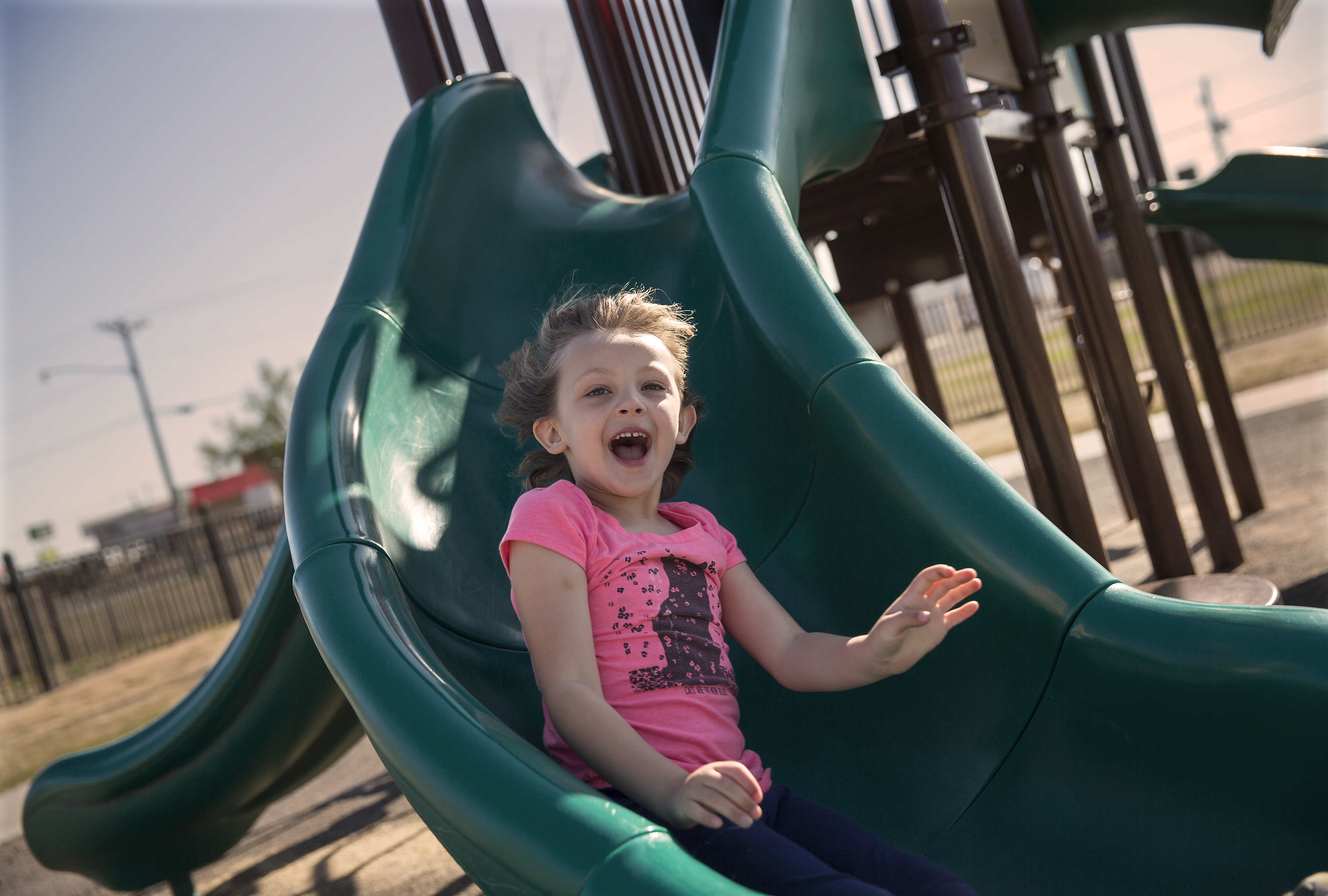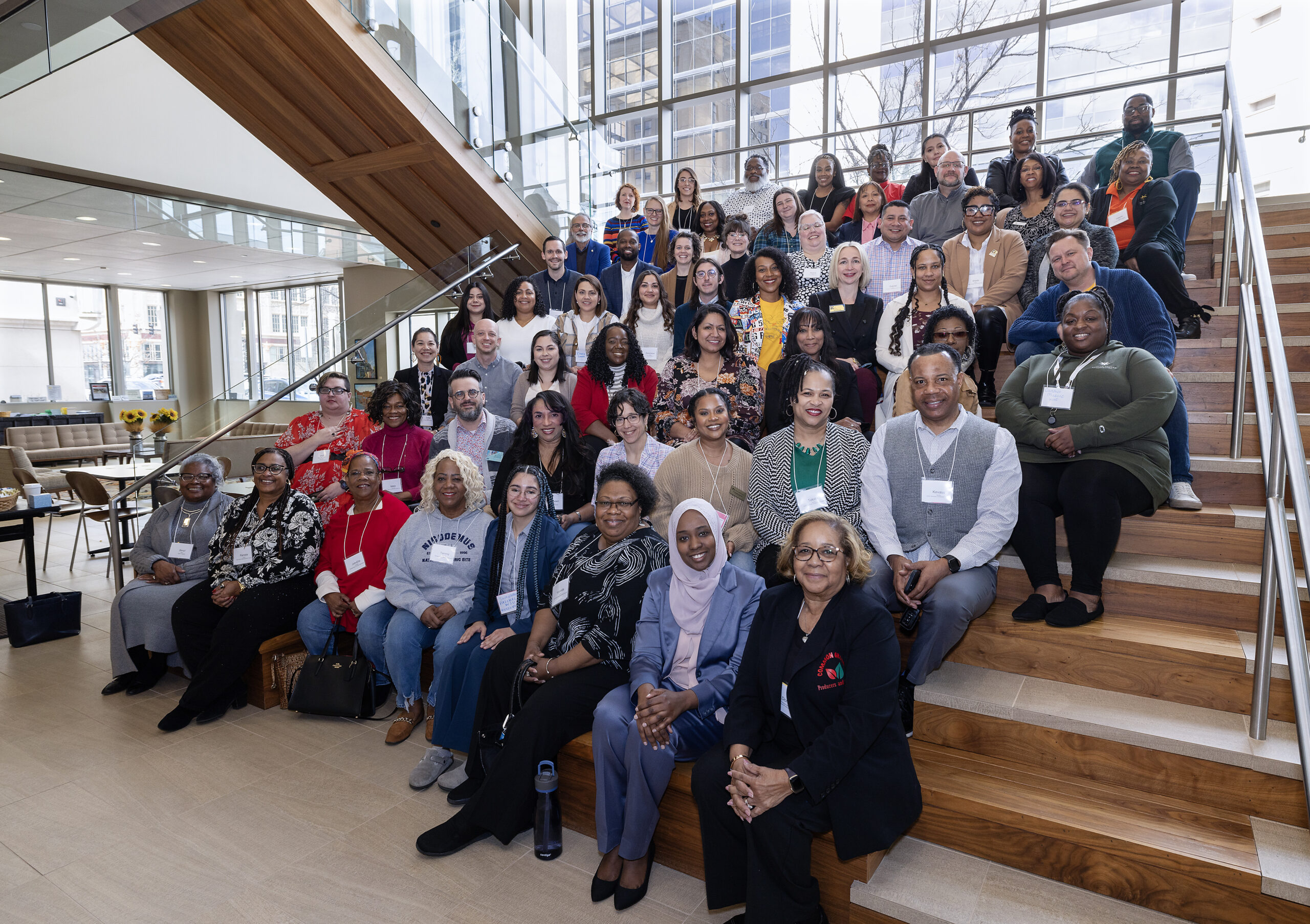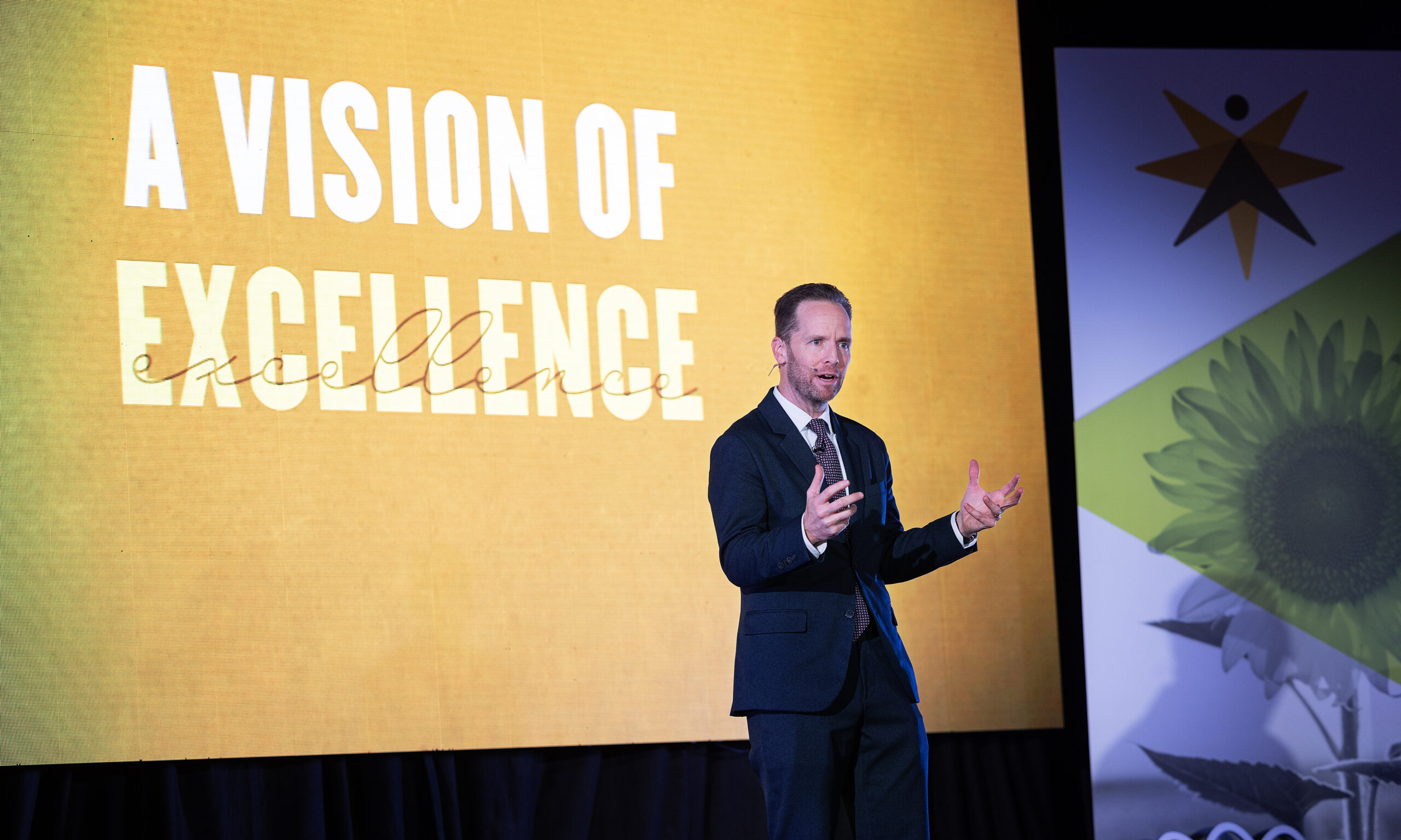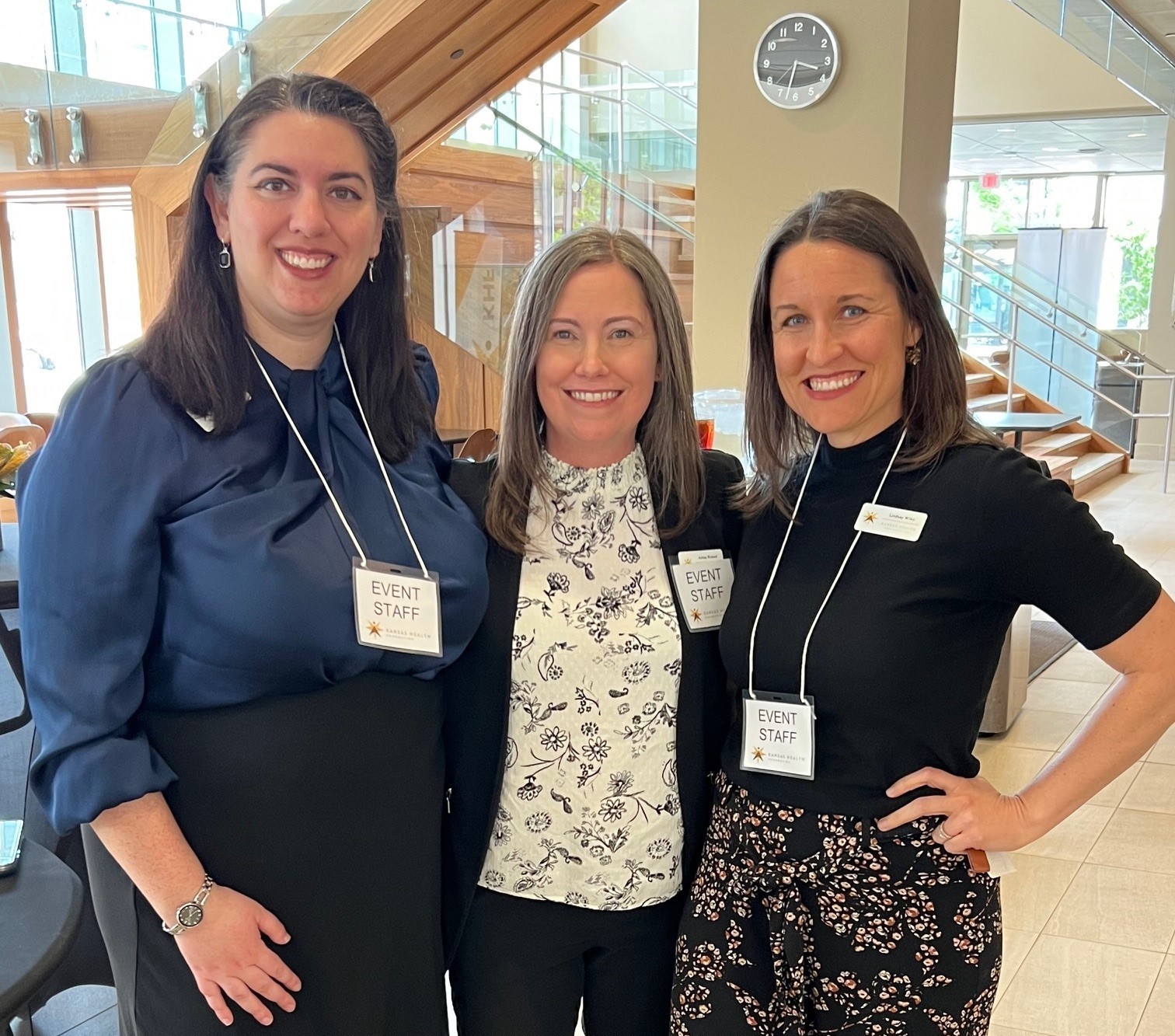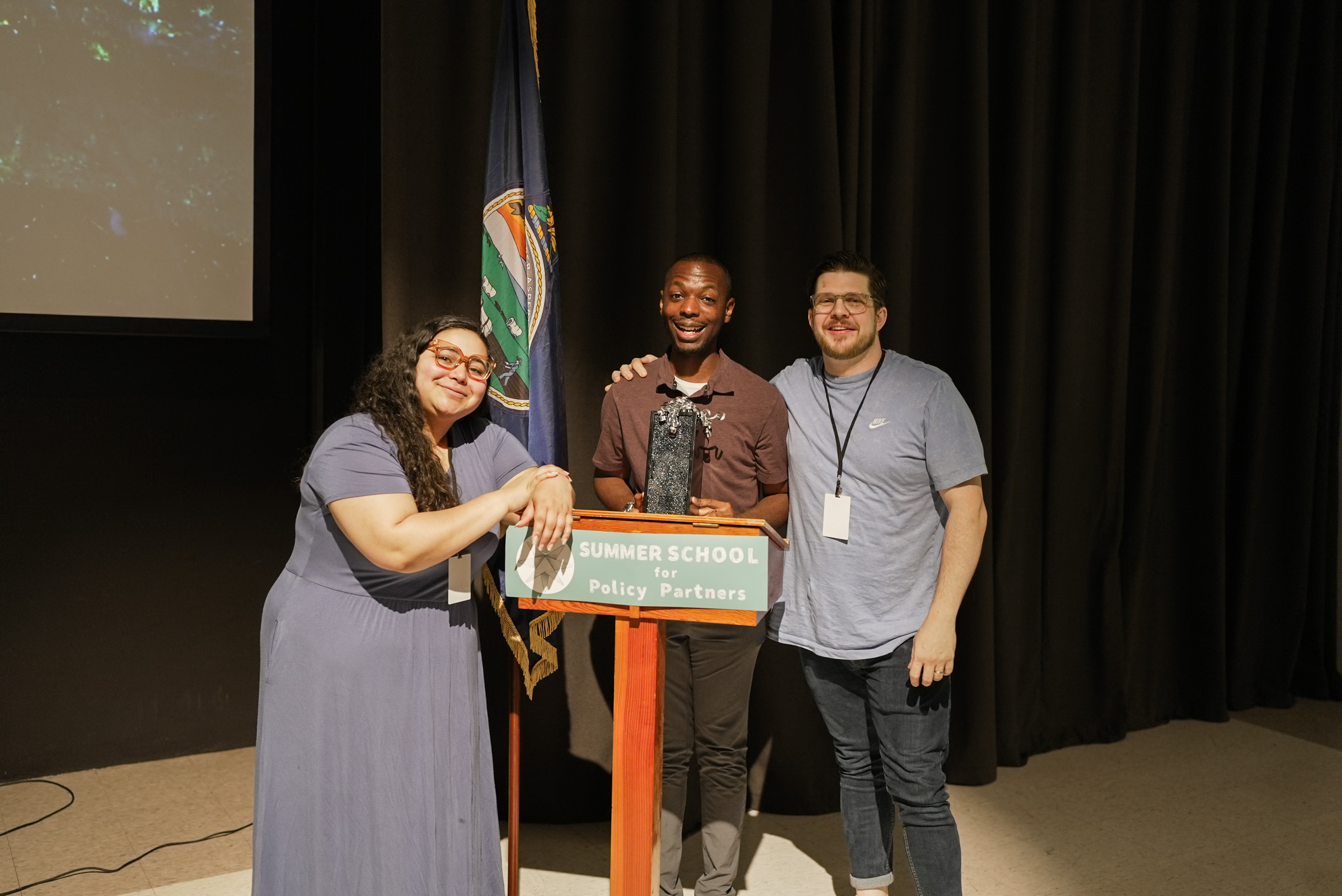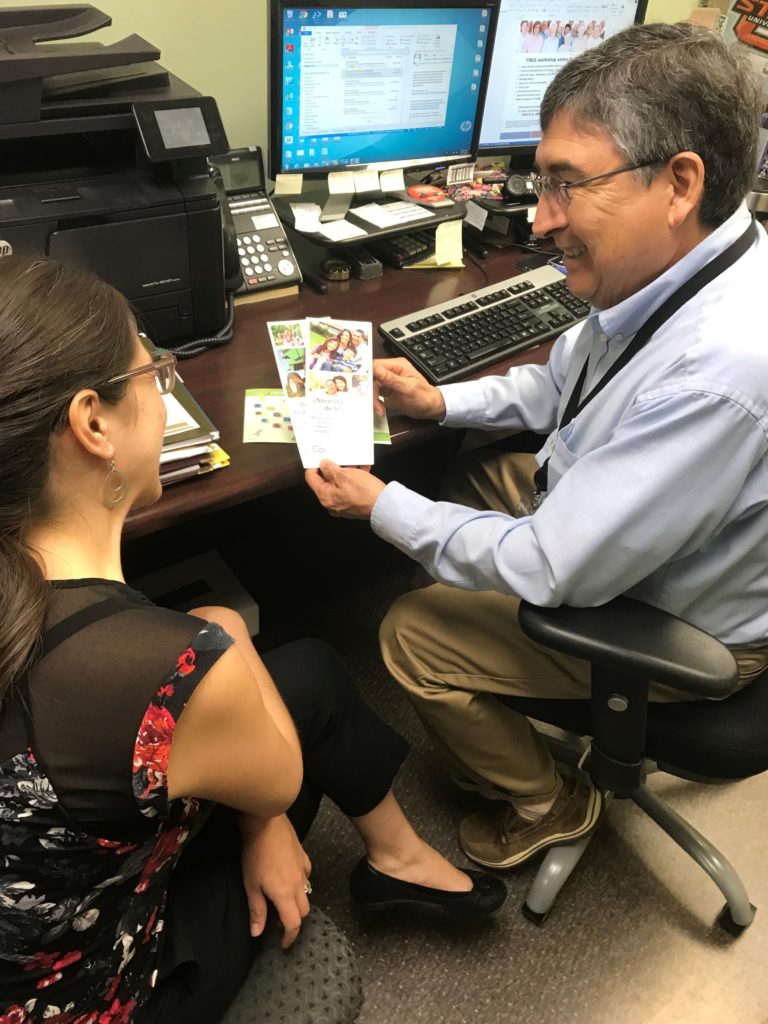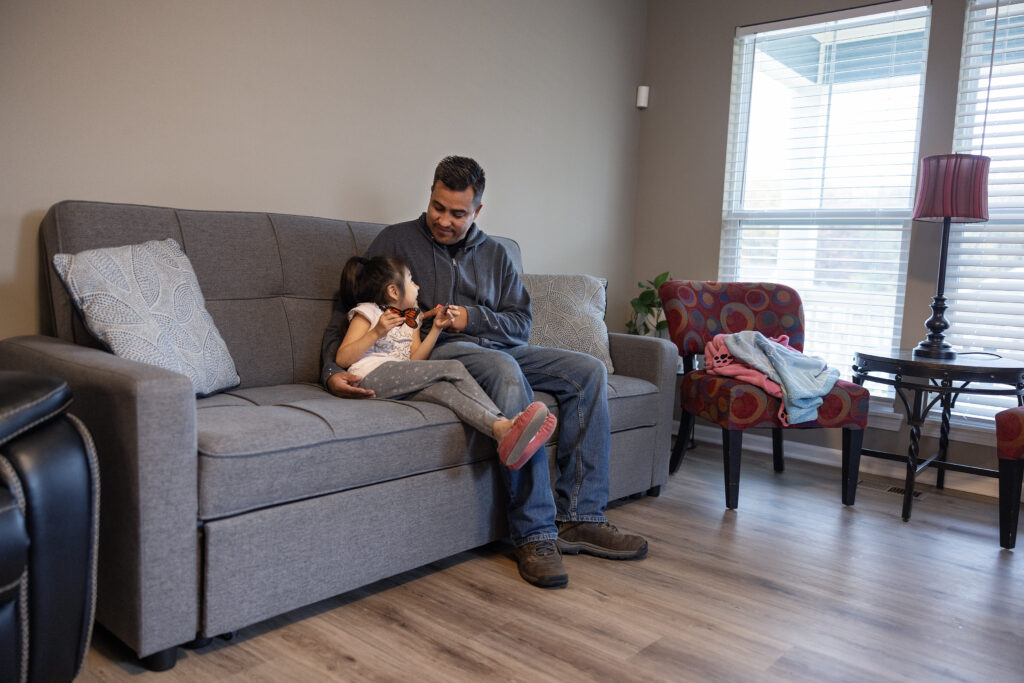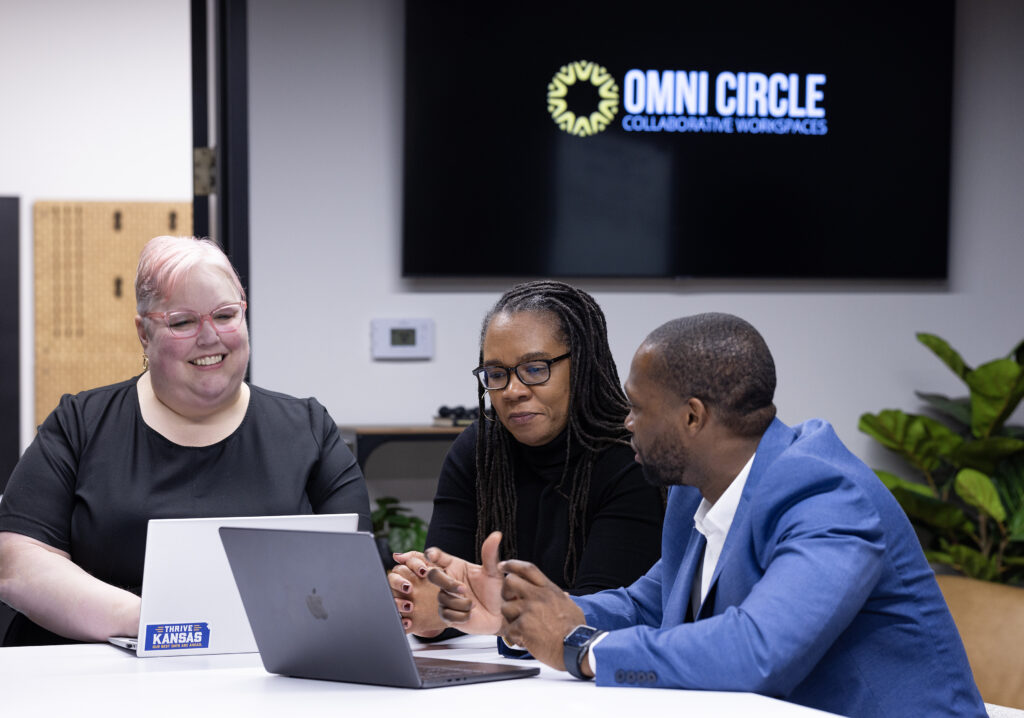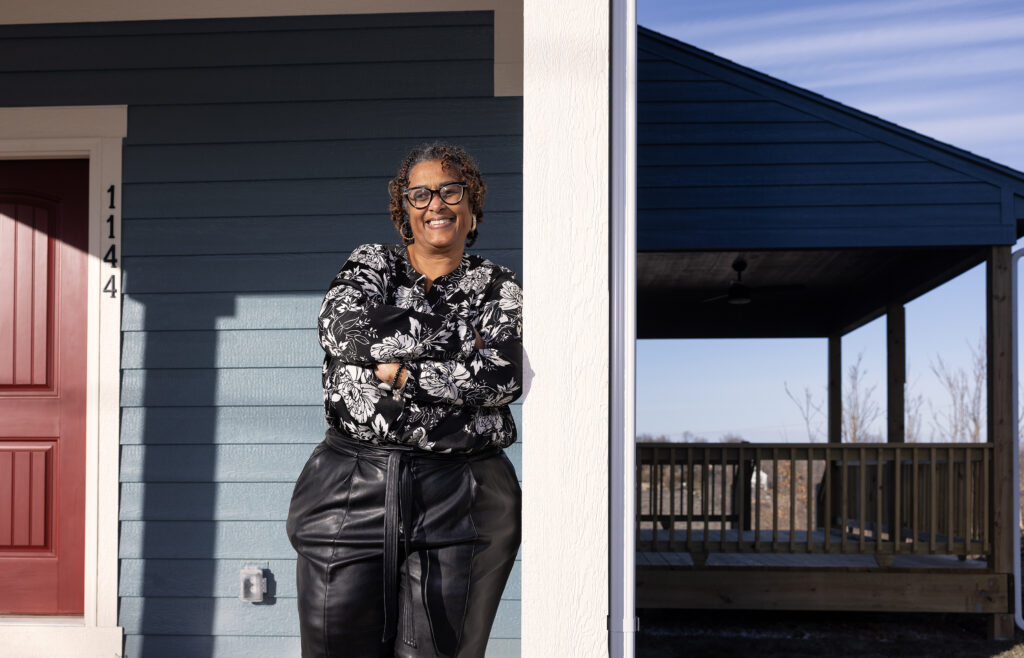Each Kansas community has a different set of health needs. For some, these needs are everchanging as their population becomes more racially and ethnically diverse.
Between 2000 and 2016, all state population growth was among minority populations. And, by around 2061, Kansas is projected to become a majority people of color state, according to a report commissioned and released last year by the Kansas Health Foundation (KHF) called “A Changing Kansas: Implications for Health and Communities.”
“We believe for our organization, and many others, the ability to make sound decisions relies on knowing where we’ve been as a state and what’s to come,” said Steve Coen, KHF president and CEO. “With this knowledge, KHF has directed funding to grantees that are engaging these populations for improved overall health and for the betterment of their communities.”
Several KHF grantees are catering to the increasingly diverse cultural needs of their communities to better serve their residents and to increase access to health care. One of these grantees is the Flint Hills Community Health Center, located in Emporia.
In Fall 2017, KHF awarded Flint Hills Community Health Center $100,000 to hire a full-time community health worker – known as a “promotor de salud” in Spanish – tasked with increasing access to care for the Hispanic population in the counties it serves. The grant runs through Fall 2019.
Staff at Flint Hills Community Health Center witnessed several barriers for Hispanics to participate in public insurance programs (Medicaid and the Children’s Health Insurance Program), said Danny Ríos, community health worker/promotor de salud. And, this was increasingly problematic as Lyon County is home to a high percentage of Hispanics (21.4%) compared to the state as a whole (11.9%), according to the U.S. Census Bureau.
“Barriers to participation in these public programs include uncertainty about eligibility, lack of information and language barriers,” Ríos said. “The promotor de salud helps connect the Hispanic Community and the health care system. This includes delivering culturally-tailored health education, connecting affordable insurance, and assisting with health/social resources to Hispanics and their families.”
Since implementing the grant, 237 new Hispanic patients have received services from Flint Hills Community Health Center.
“We believe the outreach to the community is making a difference by way of enrollment activities,” Ríos said.
In the first quarter of 2019, Ríos assisted 13 Hispanic households with insurance sessions. The entire community also benefitted from three health education events and six outreach events focusing on the Hispanic community to help increase awareness of available health services and accessing insurance coverage.
The Centers for Disease Control and Prevention indicates Hispanics have a greater rate of obesity, poorly controlled high blood pressure, and death from diabetes than non-Hispanics.
Increased access to insurance and services for Hispanics is important, but so is providing bilingual services and assisting with patients’ follow-up for additional recommended care.
Another part of the grant includes a grassroots marketing approach, which includes bilingual media ads and public service announcements engaging the Hispanic community. They also work alongside Hispanic businesses to share rack cards or flyers prior to outreach events.
“Our grassroots marketing approach has increased the number of people identifying Flint Hills Community Health Center as their medical home,” Ríos said.
The center also anticipates the number of patients to continue to grow with additional planned activities with community partners – like the learning center, senior center, health coalition, Hispanics of Today and Tomorrow, churches and education centers.
“Given the challenge in connecting to the Hispanic population, word of mouth of our continued efforts to improve trust, health and well-being, is crucial to increase our community’s partnership,” Ríos said. “We continue to evaluate our progress and believe we can still rally the community to be a healthier and more proactive one.”
To learn more about the Flint Hills Community Health Center, visit its website.

